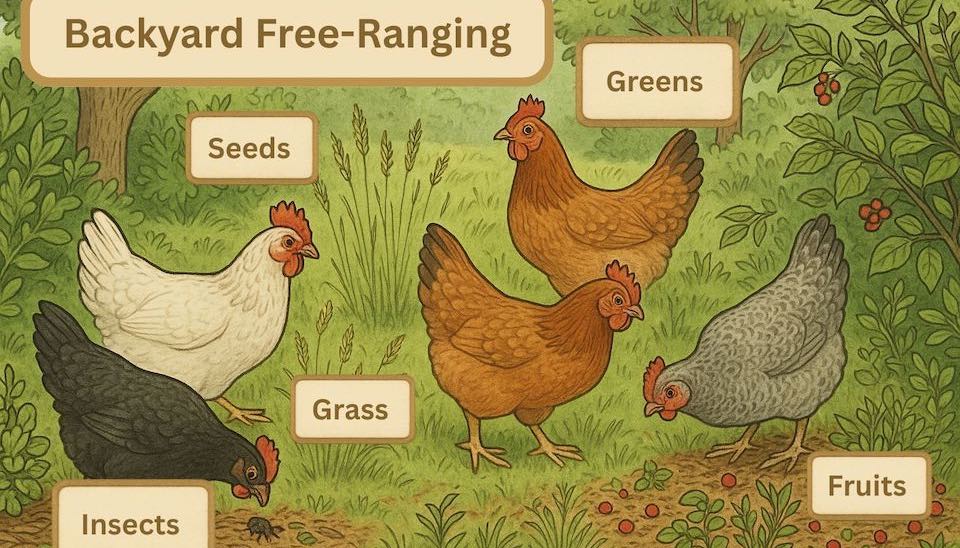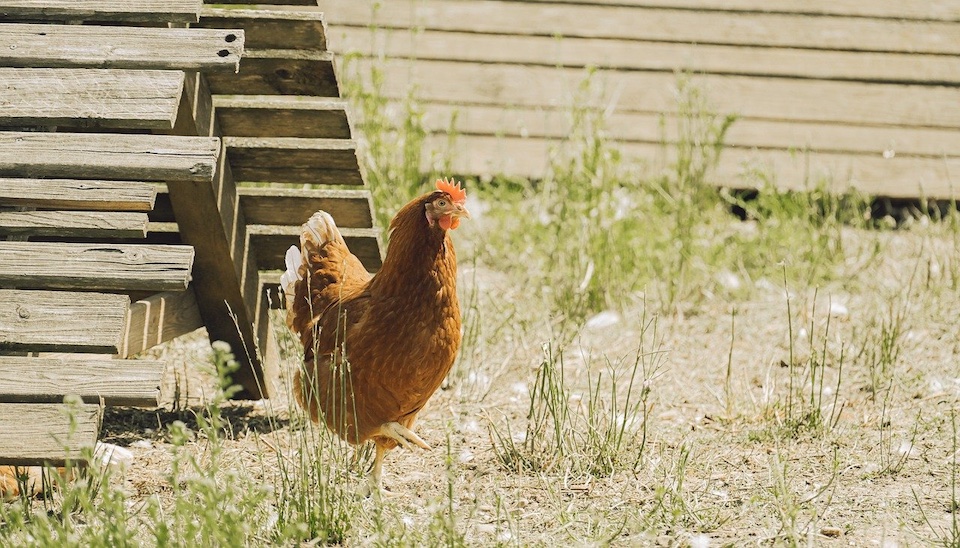Chicken Thrush - Candidiasis - Treatment and Prevention
Chicken Thrush - Candidiasis - Treatment and Prevention
Just like humans, backyard chickens, turkeys and quail are susceptible to thrush. A yeast infection affecting the intestinal tract, mouth and inside the crop. While the clinical name is candidiasis, the common name for this yeast infection in chickens is Sour Crop. Thrush will make your chicken feel uncomfortable and also lead to distress.
Symptoms of Thrush in Chickens
- Decreased appetite
- Thick large white patches on the inside of your chicken's mouth and crop areas
- Slow growth
- Cheesy looking vent area
- Crusty looking eyes
- Droopy feathers
- Difficulty breathing / noisy breathing
Treatment of Candidiasis in Chickens
Ideally, you will notice the signs of thrush early for quick treatment. This will prevent your chickens from losing too much weight or becoming susceptible to other illnesses. Consider separating the infected chicken from the flock while it recuperates, this will protect it from pecking.
- Stop any antibiotic treatment
- Treat with anti-fungal Nystatin for 5 days
- Add a probiotic supplement to feed
- Add copper sulphate to water
Thrush is preventable in chickens. By ensuring your chickens are in a healthy state, with minimal stress will help avoid a yeast infection.
How to prevent thrush in chickens
- Lower Stress in the environment
Overcrowding is a main factor in chicken stress. If you have too many chickens and not enough feeding or drinking stations this can cause stress. Are there enough nesting boxes? Do they have enough shelter and shade during the day?
- Check the quality of water
Is the water clean and fresh? Dirty water causes distress to a chicken. If th
e water is dirty, consider a Chicken Drinker such as a Dine A Chook Drinker with a lubing cup. - Is the feed contaminated?
If you use a feeder that allows chickens to walk on the feed, then they are eating their feed as well as dirt and poop. Time to change to a hygienic Chicken feeder such as a Dine A Chook.
- Use Probiotics in the water
Probiotics are a great way of helping to boost the immune system and general health of your hens. We recommend 2 Pak Avian Probiotics.
- Avoid antibiotics unless absolutely necessary
Antibiotics kill the bugs as well as the good bacteria in the digestive system. Unless necessary, try to avoid them.
- Ensure adequate ventilation in the coop
Summer in Australia is hot. Seriously hot. Make sure you consider both good ventilation as well as insulation so your hens are not suffering heat stress. Adequate venatlation also lessens fungus as well as mould growth in the coop.
Read other related articles in our Chicken Health and Management Blog.



